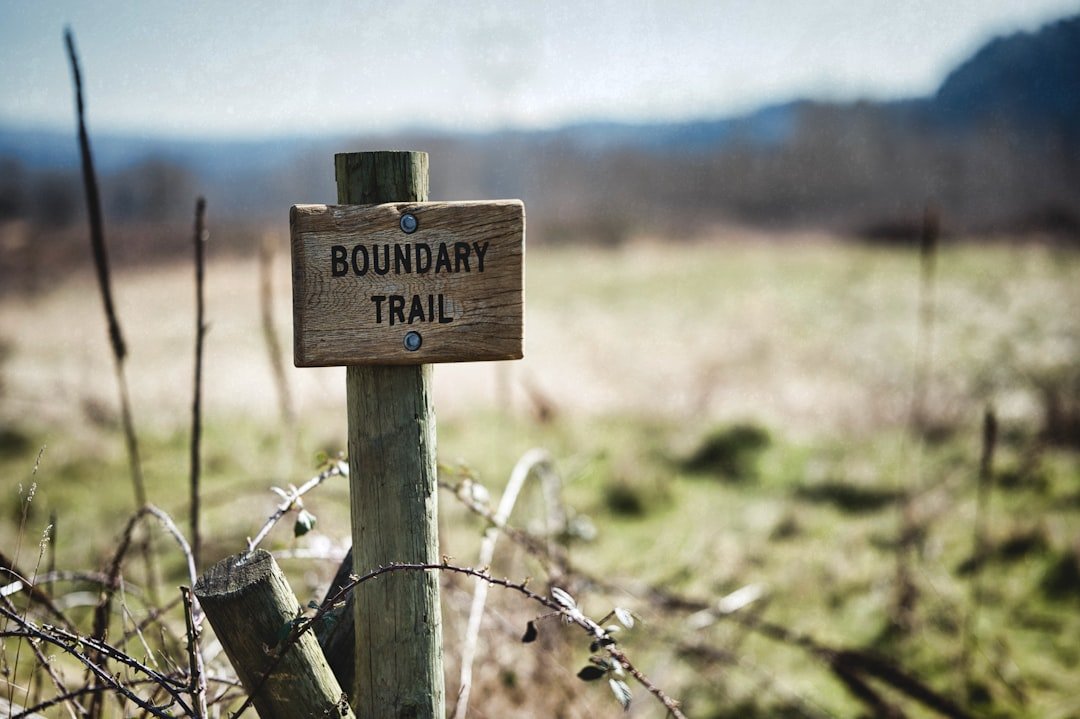
Ever felt like you’re constantly giving a piece of yourself away, leaving you feeling drained and resentful? I’ve been there. For years, I struggled to say no, to protect my time, and to honor my own needs. It felt like I was constantly reacting to others, rather than living a life of my own design. But I discovered something life-changing: setting effective boundaries. This isn't about being selfish; it's about self-preservation, respect, and creating a life that genuinely works for you.
Why Boundaries Matter More Than You Think
Before I learned about boundaries, my life often felt out of control. I remember the days spent endlessly gaming, binge eating, or just mindlessly scrolling. I had no internal boundaries, and as a result, I had no external ones either. It wasn't until I started to draw lines—first for myself, then for others—that I truly began to reclaim my life. This journey helped me lose over 110 pounds, build a productive routine, and find peace. Boundaries are simply guidelines for how you want to be treated and how you will protect your time, energy, and well-being. They are essential for a good existence.
15 Tips for Effective Boundary Setting
Learning to set boundaries is a skill. It takes practice, and you will stumble sometimes, but every effort makes you stronger. Here are 15 practical tips that helped me and can help you too.
1. Understand Your "Why"
Before you can set boundaries, you must know why you need them. What feels draining right now? What leaves you exhausted or resentful? Identifying these pain points is your first step. For me, it was the constant feeling of being overwhelmed by commitments, which left no time for my own growth or peace.
2. Know Your Non-Negotiables
What are the absolute essentials for your physical, mental, and spiritual well-being? For me, it's my time for deep work, my morning routine, and regular physical activity. These are things I will not compromise. Pinpoint your own non-negotiables.
3. Start Small, Start Simple
Don't try to overhaul everything at once. Pick one area where you feel comfortable practicing a new boundary. Maybe it's saying no to an extra task at work, or telling a friend you can't chat right now. Small wins build confidence.
4. Communicate Clearly and Directly
When you set a boundary, be clear. Avoid hinting or beating around the bush. Use "I" statements. For example, "I can't take on that extra project right now" is much better than "I'm so swamped, maybe another time."
5. Practice Saying "No" Without Guilt
"No" is a complete sentence. You don't owe anyone a lengthy explanation or an apology for prioritizing your well-being. This was a huge one for me. Learning to say "no" to late-night gaming sessions or extra helpings of food was crucial in overcoming those habits.
6. Set Digital Borders
Our digital lives often blur lines. Decide when you are available online and when you are not. Turn off notifications during specific hours. Protect your focus, especially during those deep work bursts. This allows you to truly engage with your tasks without constant interruption.
7. Guard Your Time and Energy
Treat your time and energy as precious resources. They are finite. Just like money, you decide how to spend them. Schedule "me time" or "focus time" in your calendar and honor it as you would an important appointment.
8. Listen to Your Body's Signals
Your body often tells you when a boundary is being crossed. Do you feel tense? Exhausted? Anxious? These are signals. Pay attention to them and use them as cues to step back or assert your needs.
9. Define Your Values
Your values are your internal compass. When you know what truly matters to you, setting boundaries to protect those values becomes easier. My growing commitment to my Christian Orthodox faith helped me define values like discipline, purpose, and self-control. This framework made it clear what habits and requests aligned with my path and which did not.
10. Expect and Handle Pushback
Not everyone will react well to your new boundaries. Some people are used to you always saying "yes." Be prepared for discomfort or even resistance. Stay firm, kind, and repeat your boundary if necessary.
11. Be Consistent
A boundary isn't a boundary if you don't consistently uphold it. If you say "no calls after 9 PM" but then answer your phone, you send a mixed message. Consistency reinforces your limits.
12. Remember Your "Why" When It Gets Hard
There will be moments when it feels easier to just give in. In those moments, reconnect with your original "why." Remember the peace, the energy, or the progress you gain by holding firm. For me, thinking back to how unhealthy and unhappy I was when I weighed 110 pounds more kept me on track.
13. Don't Apologize for Your Needs
Your needs are valid. You have every right to protect your mental, emotional, and physical space. Apologizing undermines your boundary and can make you feel guilty for simply taking care of yourself.
14. Build a Support System
Share your boundary-setting journey with trusted friends or family who understand and respect your efforts. Having people who cheer you on and understand your choices makes a huge difference.
15. Celebrate Every Small Win
Every time you successfully set a boundary, no matter how small, celebrate it! Acknowledge your courage and consistency. These small wins build momentum and reinforce the positive changes you are making in your life.
Setting boundaries is a continuous process, not a one-time fix. I am still learning every day. But by taking these steps, you can create a life that feels more balanced, more purposeful, and truly your own. What’s one boundary you can set for yourself today to take back a piece of your peace?





